Brazilian cuisine is distinguished by the number of spices and herbs that give each dish its distinct taste. Chefs use cilantro, parsley, basil, mint, and more to infuse freshness into their dishes.
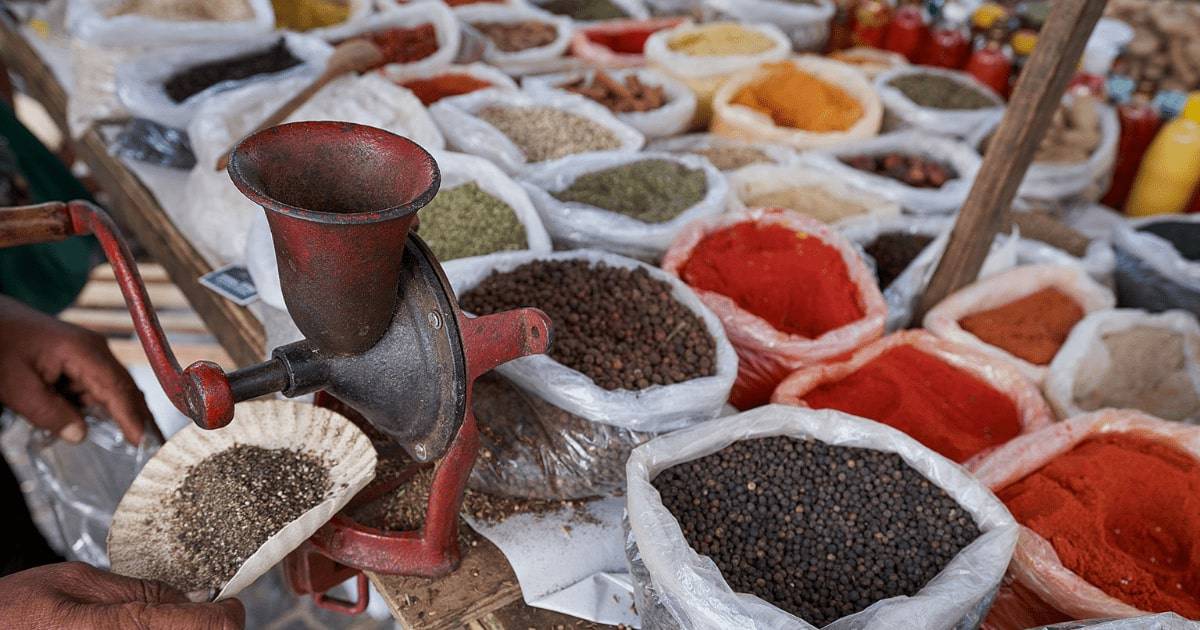
Cumin, paprika, and turmeric add depth and warmth to dishes. Brazil's national dish, feijoada (bean stew), heavily relies on spices like bay leaves, garlic, and black pepper for its robust flavor.
Coriander is one of the most frequently used herbs by Brazilians, appearing in numerous recipes such as shrimp stew moqueca, churrasco (grilled meat), Sopa de Milho (corn soup), and Pao de Queijo (cheese bread).
Overall, spices and herbs form the backbone of Brazilian cuisine, adding depth of flavor and regional identity to its diverse culinary landscape.
Spices
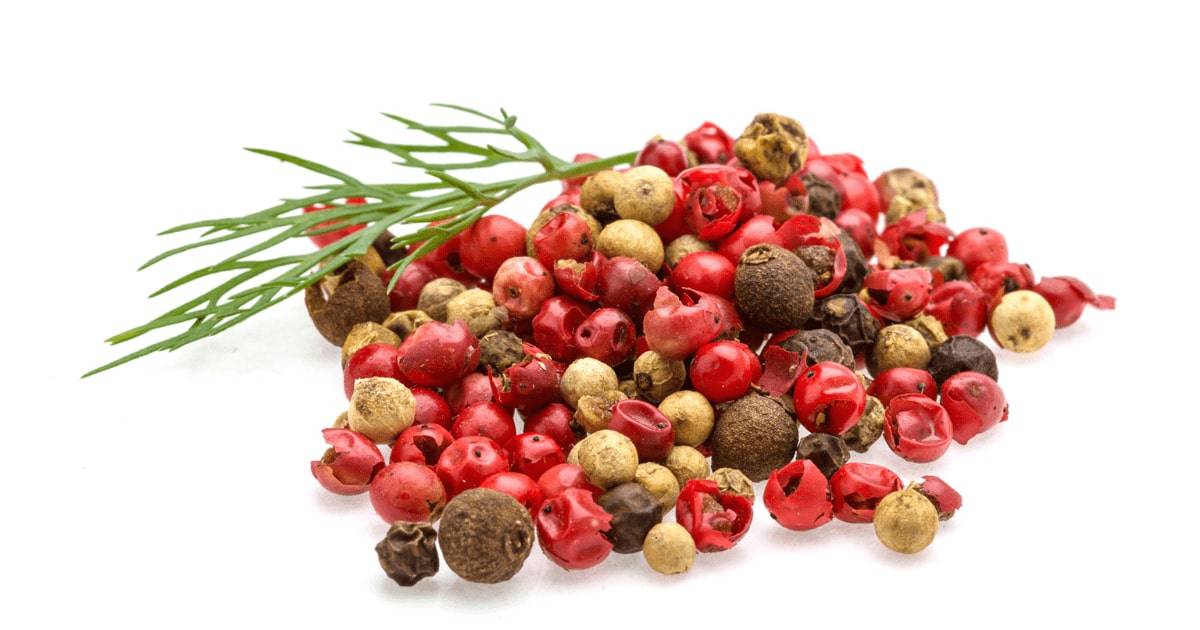
Spices are an integral part when it comes to Brazilian cooking. Inspired by its diverse cultural heritage, chefs use various spices to create flavorful dishes that reflect their origins.
Whether indigenous, African or European, different cultures are represented through herbs such as cumin, bay leaf, coriander, and oregano. Various chili peppers are present, with the Malagueta being one of the most famous.
Brazil also uses exotic spices like saffron, cinnamon, and ginger, giving the cooking a unique and complex flavor profile.
Brazil's culinary culture is defined by its use of spices, creating an experience that pays tribute to its colorful and diverse history.
1. Giant Brazilian Pine Nuts
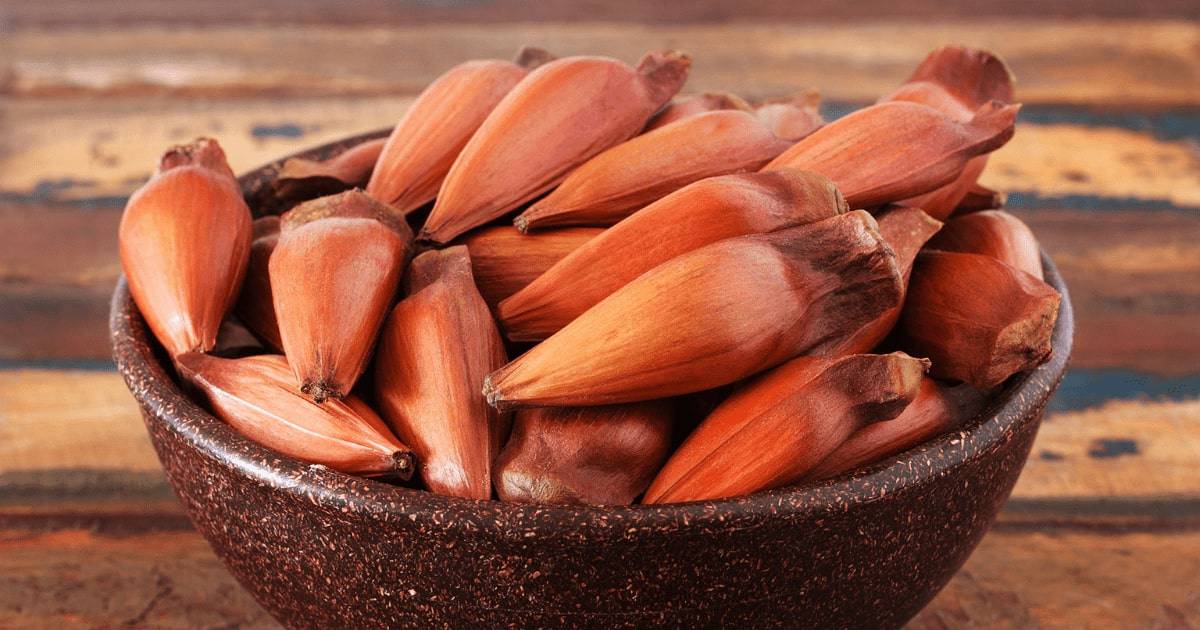
Giant Brazilian pine nuts are a beloved ingredient in Brazilian cuisine, especially in the south.
Harvested from the Araucaria angustifolia tree of Brazil's Atlantic Forest, these nuts have an irresistibly sweet and nutty flavor.
They're commonly used to make Farofa, a traditional dish with toasted manioc flour, onion, garlic, and various seasonings.
In addition to Farofa, giant Brazilian pine nuts can be added to sweets, candies, stuffings, or meat dishes for flavor and texture.
2. Cumin
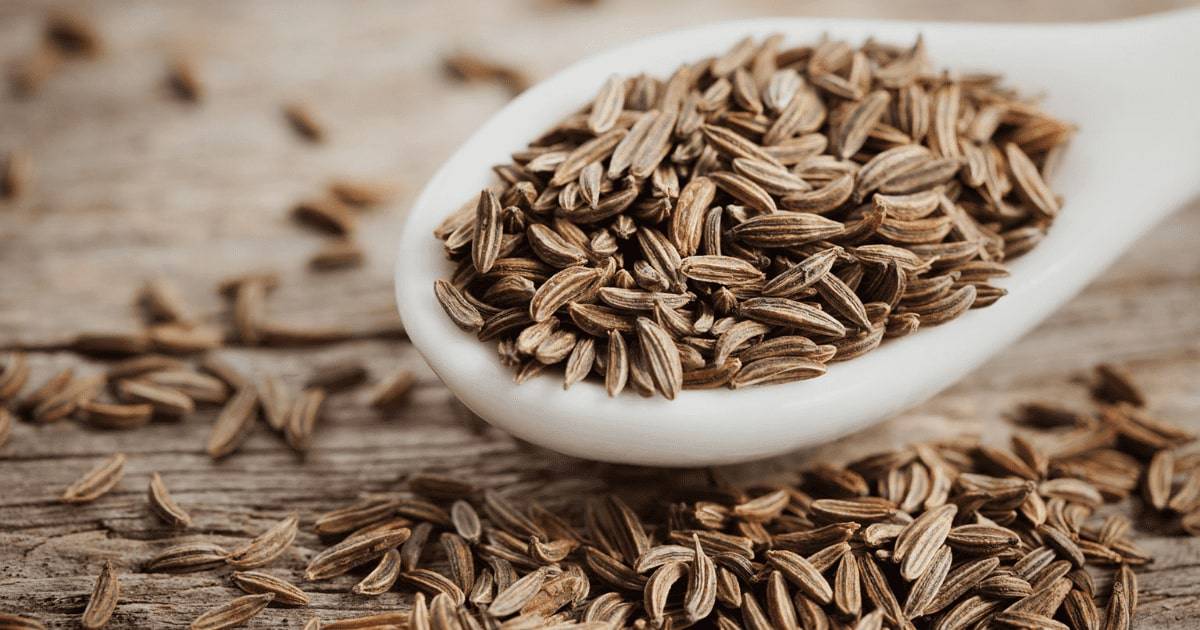
Cumin is an essential spice in many cultures. Native to the Eastern Mediterranean, this herb has long been used in traditional Brazilian dishes.
Cumin adds a warm and earthy taste, perfect for meats, beans, and vegetables; it's often included in marinades and rubs for grilling meats.
3. Paprika
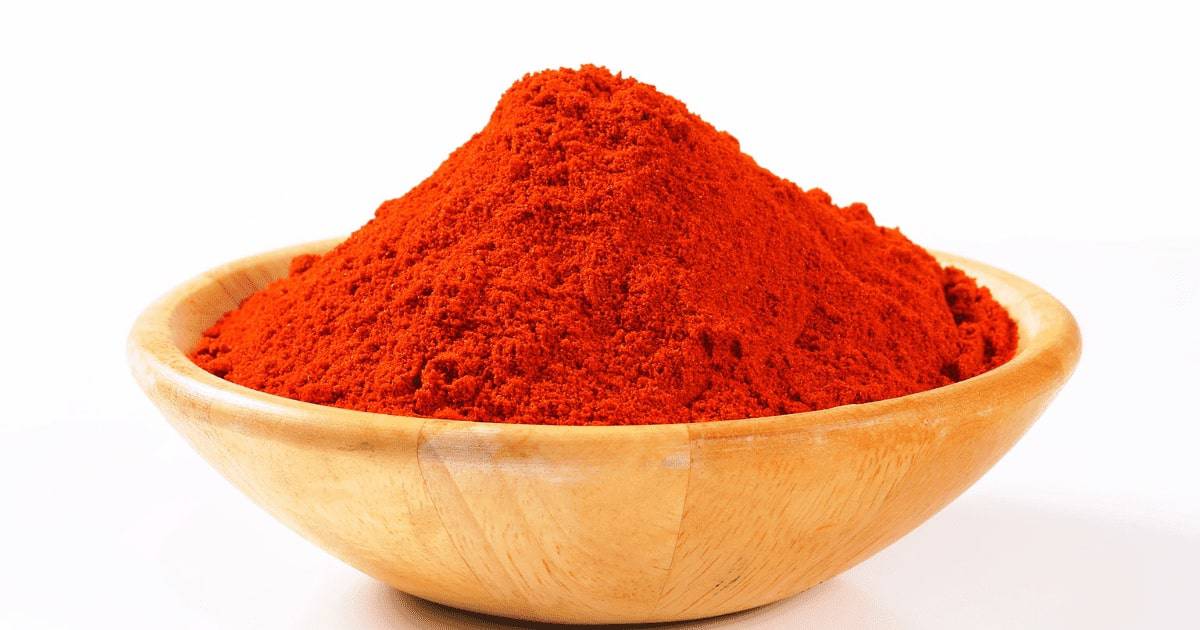
Paprika is an indispensable ingredient in many recipes. Notable for its deep red color and smoky taste, this spice finds use in various dishes such as stews and soups, marinades, and rubs for meats, among others.
Brazilian cuisine is renowned for using spices to create complex flavors, with paprika playing an integral role.
Vegetarians also benefit from adding this spice to their cooking through vegetable stews and soups.
4. Bay leaves
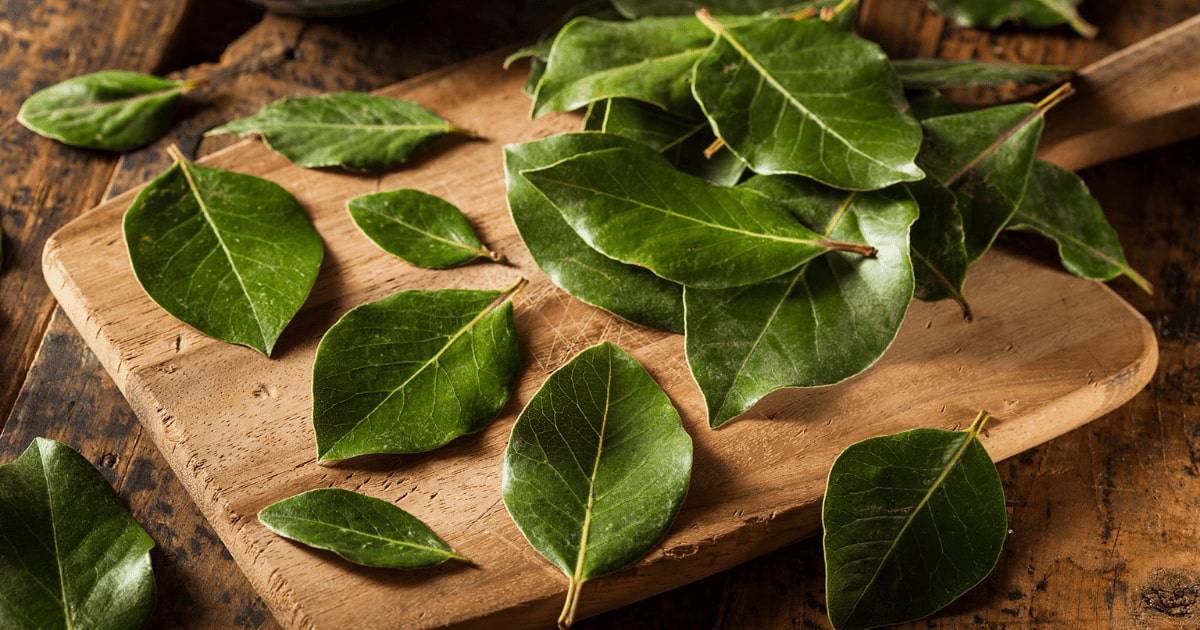
Bay leaves are an indispensable ingredient, lending their unique flavor and aroma to traditional dishes.
These aromatic leaves can be used in stews, soups, broth, and marinades - adding an extra layer of taste and texture.
Bay leaves also have medicinal properties; they have been known to aid digestion and treat respiratory issues.
5. Garlic

Garlic is a staple ingredient in cooking, used to enhance the flavor of various dishes. For example, garlic is essential in the barbecue-style cooking technique famous in Brazil (Churrasco).
Garlic is often added to marinades for meats like chicken and beef. At the same time, it also enhances the flavor of vegetables like kale, or collard greens, often served alongside these entrees.
6. Onion

Onion is essential in cooking, lending a distinct flavor and richness to dishes. Brazilian cuisine is renowned for its diverse and robust dishes, and onions are frequently featured when creating traditional recipes.
Onions are essential in many dishes such as Salsa, Chimichurri, and Tempero Baiano - all staples in the kitchen.
Cebolada, an onion and tomato stew famous in Spain, is one such dish. Sliced onions, garlic, and tomatoes are slowly simmered until they break into a thick and flavorful sauce.
Another widespread use of onions is in Coxinhas, a delectable pastry snack filled with shredded chicken, onions, and seasoning.
7. Black pepper
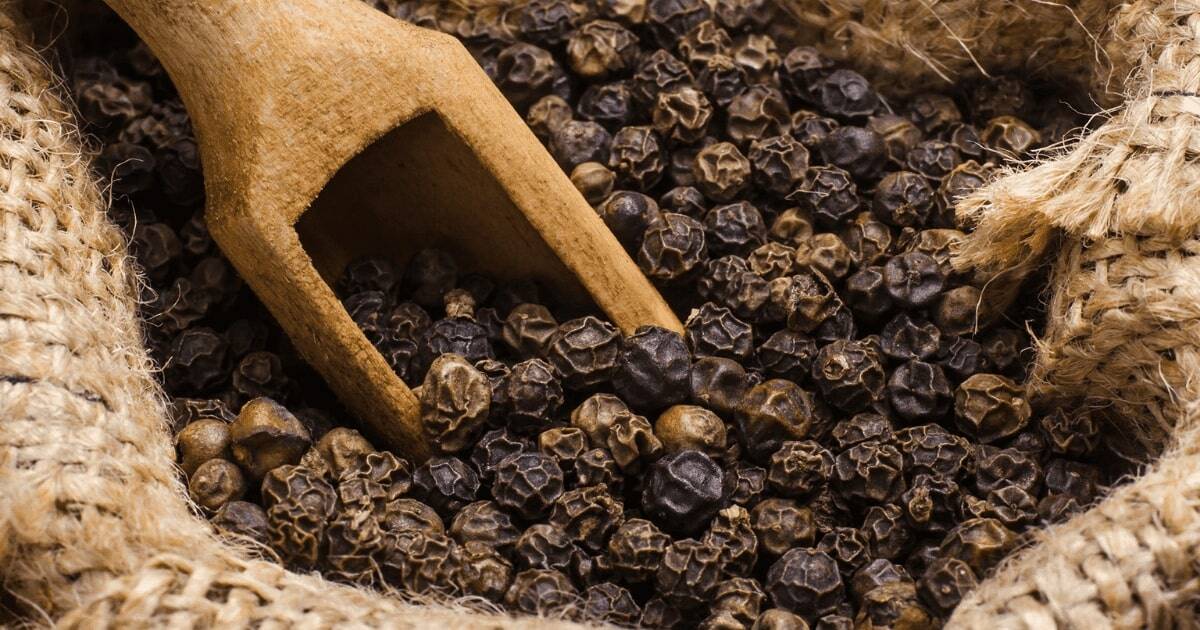
Black pepper is a widely-used spice. It lends an earthy, savory flavor to dishes.
Savory recipes often feature it in meat marinades, sauces, and rubs - providing subtle heat that complements the richness of meats. You can season vegetables, soups, and stews as well with black pepper.
When it comes to desserts, black pepper often features as part of chocolate recipes where it serves to enhance chocolate's sweetness.
8. Annatto powder
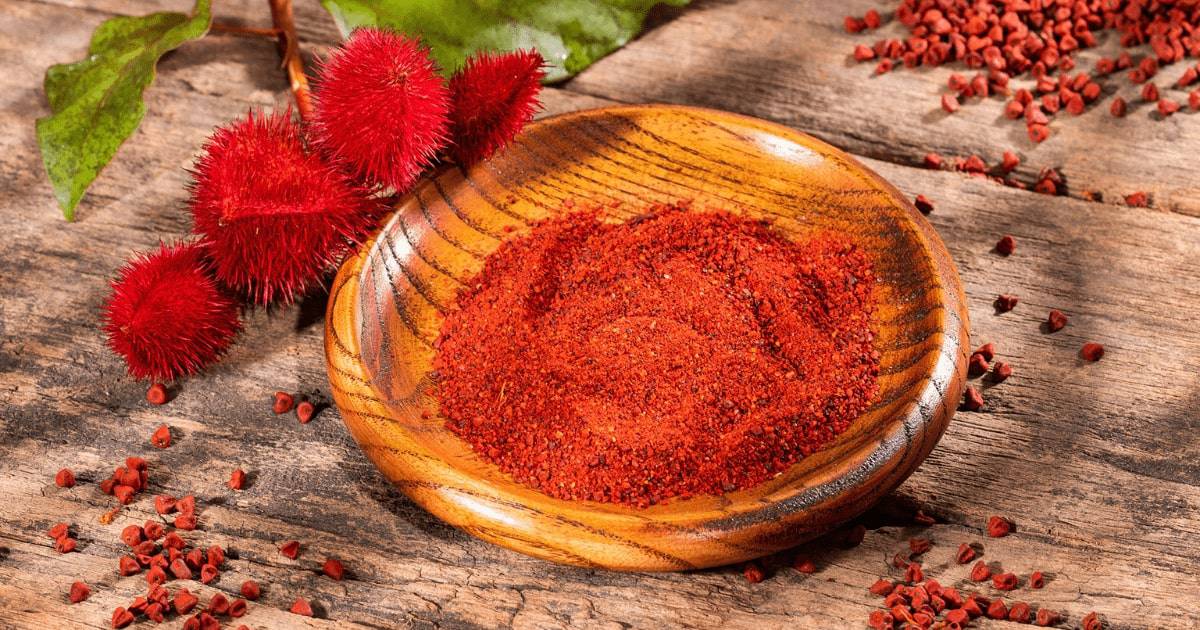
Annatto powder, commonly called Achiote in Brazilian cuisine, is an indispensable ingredient in many dishes. Grown from the seeds of the annatto tree in tropical South and Central America, annatto powder is made with only natural ingredients.
Annatto powder has many uses, such as a rub for grilled meats, stew seasoning, and flavoring rice dishes. Its deep orange hue also adds an eye-catching hue to many recipes.
Annatto powder is beloved not only for its culinary qualities but also for its potential health advantages. It has antioxidant and anti-inflammatory properties, making it a beneficial addition to any healthy lifestyle.
9. Nutmeg

Nutmeg is a spice native to Indonesia but widely used in Brazil. It adds a unique flavor and aroma to stews, soups, and sauces. Cooks often use whole nutmeg while cooking, keeping the aroma and quality of it at the highest level.
Nutmeg pairs beautifully with vegetables by enhancing their sweetness and earthy flavors. Nutmeg is also used to make warm drinks like spiced tea or mulled wine even better!
10. Cinnamon

Cinnamon is an essential spice, providing a warm and slightly sweet flavor to both savory and sweet dishes.
Cinnamon is also a key ingredient in the beloved dessert, Brigadeiro. This chocolate truffle-like treat is made with condensed milk and cocoa powder, then coated in cinnamon sugar.
11. Cloves
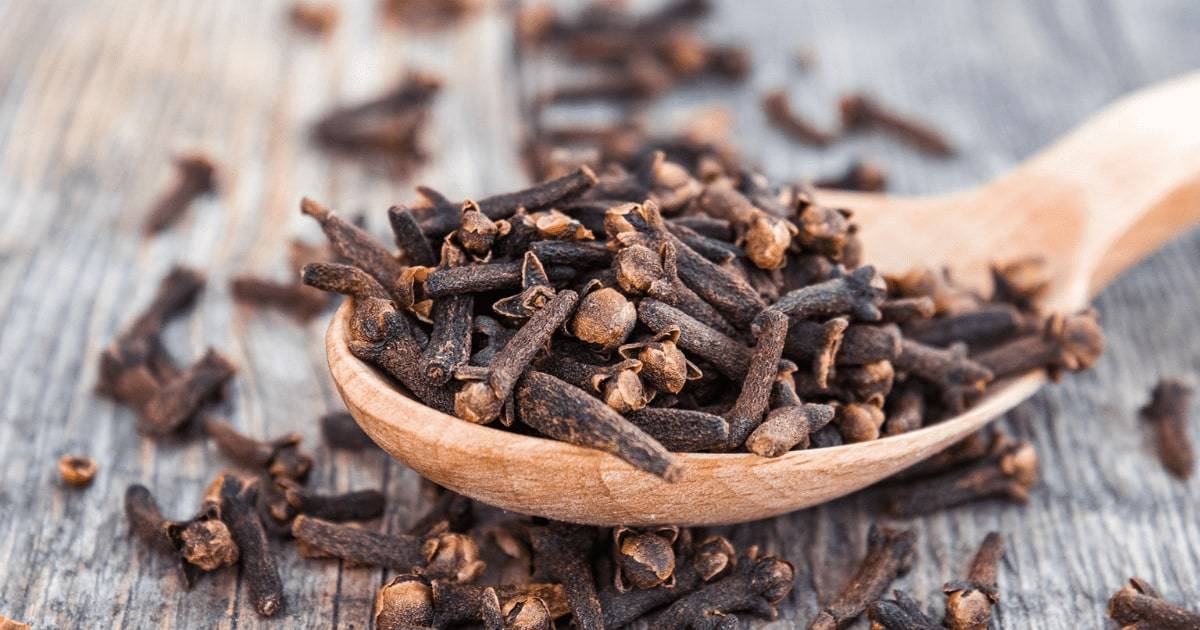
Cloves are a widely-used spice in kitchens worldwide because they add an aromatic flavor to dishes.
Cloves can be used in various recipes, such as marinades for meat dishes, stew seasonings, or sauces.
When added to sweet dishes, cloves give an earthy, sweet, and slightly bitter flavor that compliments other spices like cinnamon.
Cloves are often featured in Christmas desserts, adding a festive touch and unique taste.
12. Turmeric
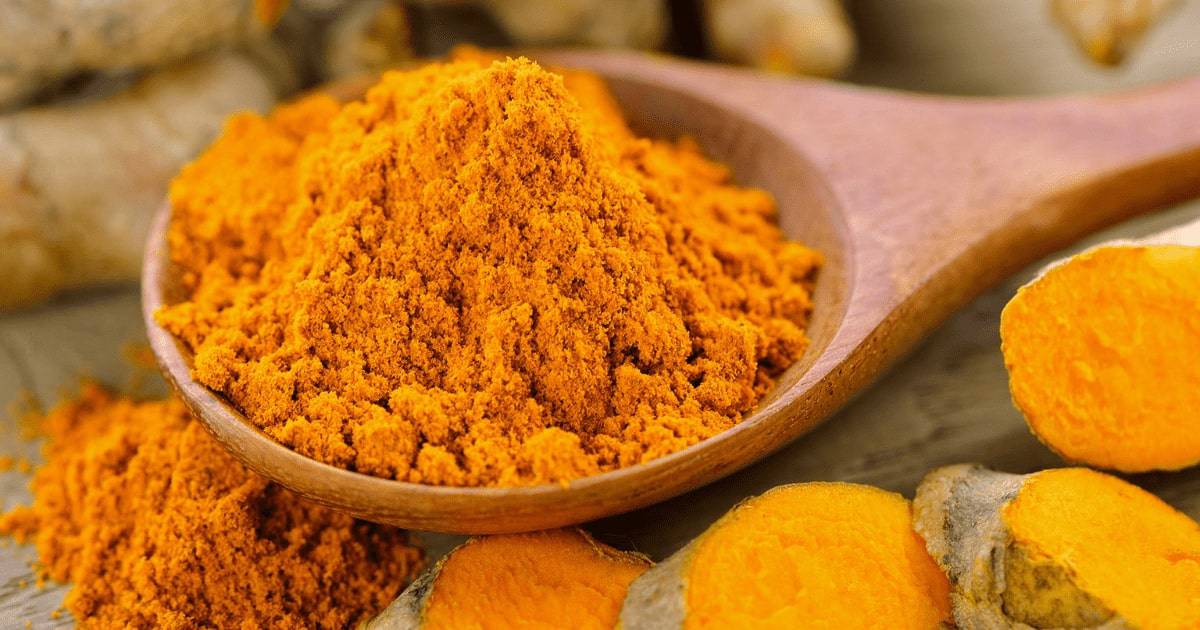
Turmeric is a widely-used spice, adding an extra layer of flavor and color to numerous traditional dishes.
Turmeric is known for its intense yellow hue. It is integral in many rice dishes, stews, and soups with its distinctive look and taste.
Also commonly referred to as "Curcuma" in Brazil, turmeric can be used as natural food coloring agent or for sweet recipes as an all-natural food coloring agent.
Plus, turmeric tea has medicinal properties, making it popular against digestive disorders and inflammation.
13. Red pepper flakes
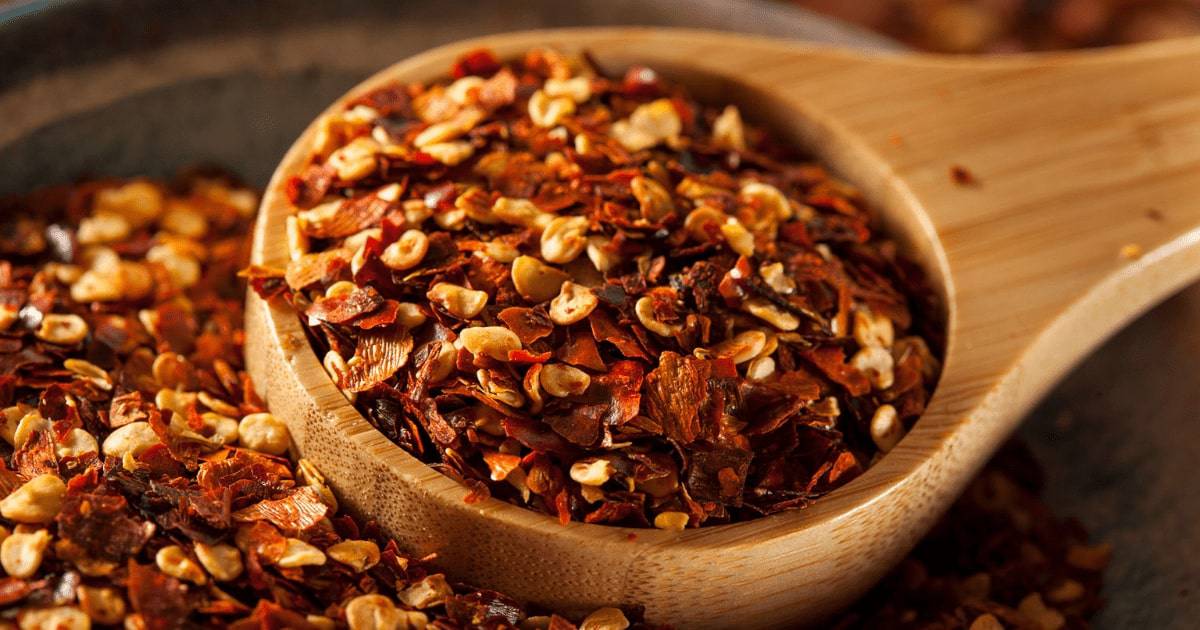
Red pepper flakes are indispensable, adding heat and depth to many traditional dishes.
Commonly known as Pimenta Vermelha, these dried hot pepper flakes can be sprinkled over everything from stews and soups to meat dishes and side dishes.
These peppers add flavor and are also great for your health.
14. Allspice
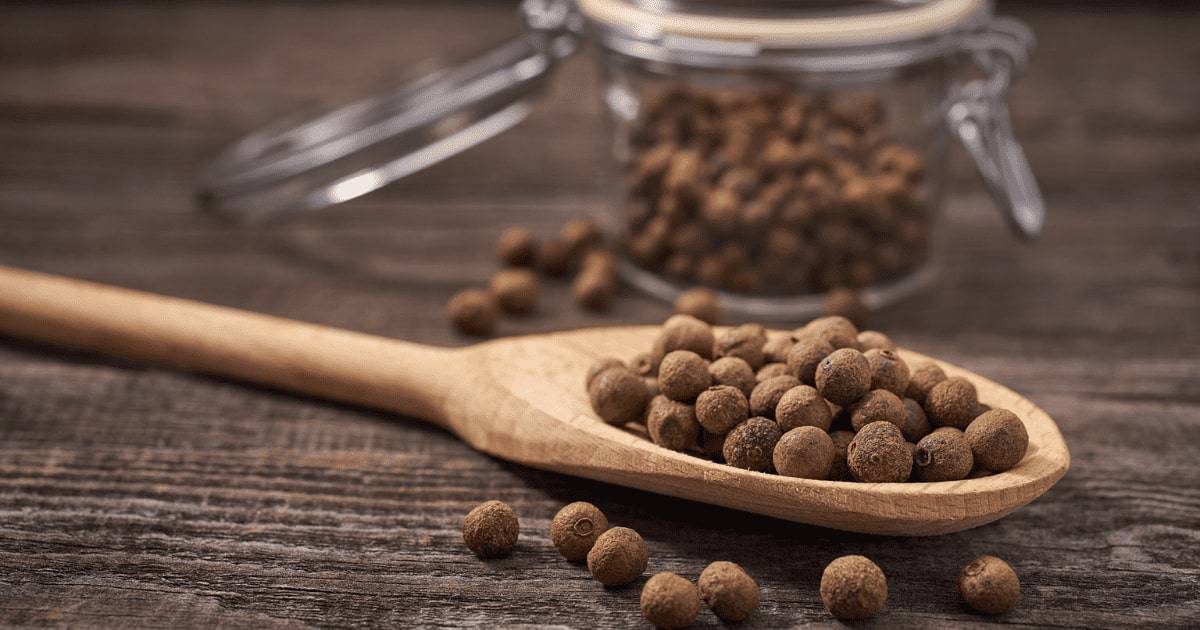
Allspice, or pimento, is an essential ingredient in Brazil.
Allspice is an aromatic spice in many dishes, such as savory stews, marinades, and sauces.
Allspice also adds a warm spicy aroma to dishes while imparting its distinct flavor essential to authentic Brazilian cuisine.
15. Ginger

Ginger is a crucial element in cooking, giving its distinct flavor and aroma to traditional dishes. From savory stews to sweet desserts, it can be used in various ways.
For example, savory dishes often feature ginger paired with garlic and onion for an aromatic base for meats and vegetables. Sweet treats also often feature ginger, adding warmth and spice to rich flavors like chocolate or caramel.
Ginger has health benefits like aiding digestion, reducing inflammation, and boosting immunity - essential to Brazil's food culture.
Herbs
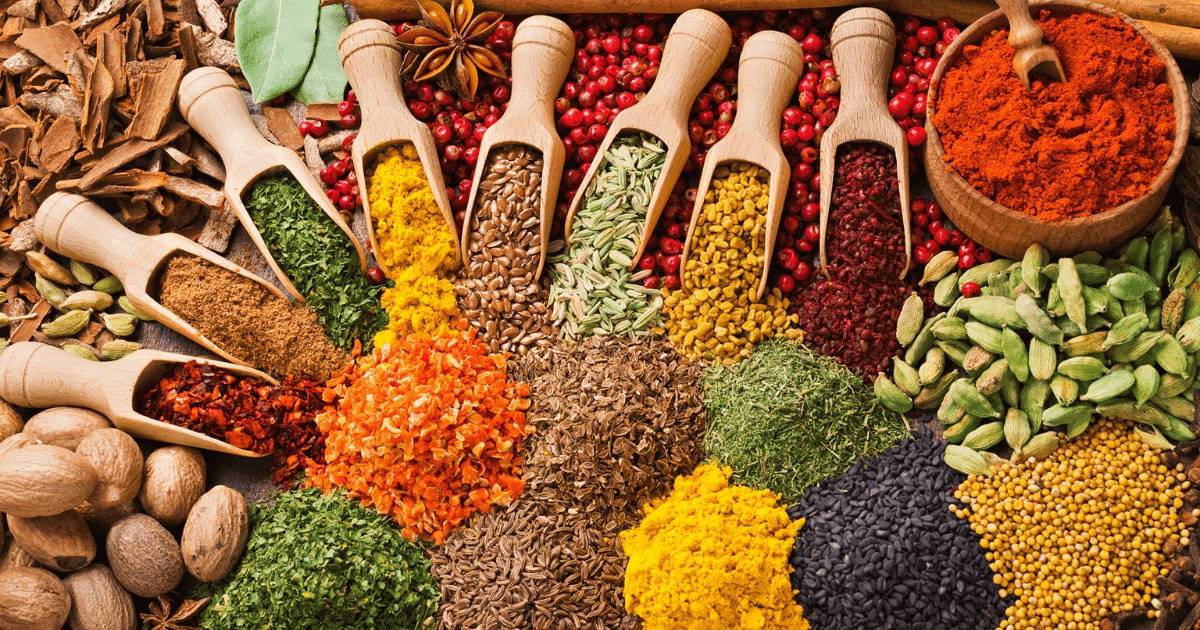
Herbs have always been an essential component. Brazilian cooking is renowned for its robust flavors achieved through fresh herbs.
Common herbs used include cilantro, parsley, bay leaves, basil, and oregano - to name just a few!
Herbs are frequently used in marinades and sauces and are an essential element of Chimichurri- a popular condiment worldwide due to Brazil's abundant fresh herb supply.
1. parsley

Parsley is a widely used herb in cooking, both as a garnish and an ingredient. It adds flavor and aroma to soups, stews, and meats like beef, chicken, or fish.
Parsley's accessibility in Brazil makes it ideal for everyday meals. Fresh and aromatic parsley enriches dishes by providing unique tastes and smells.
Parsley remains an integral element of Brazilian cuisine, giving vitality, aroma, and vibrant color to various dishes.
2. cilantro
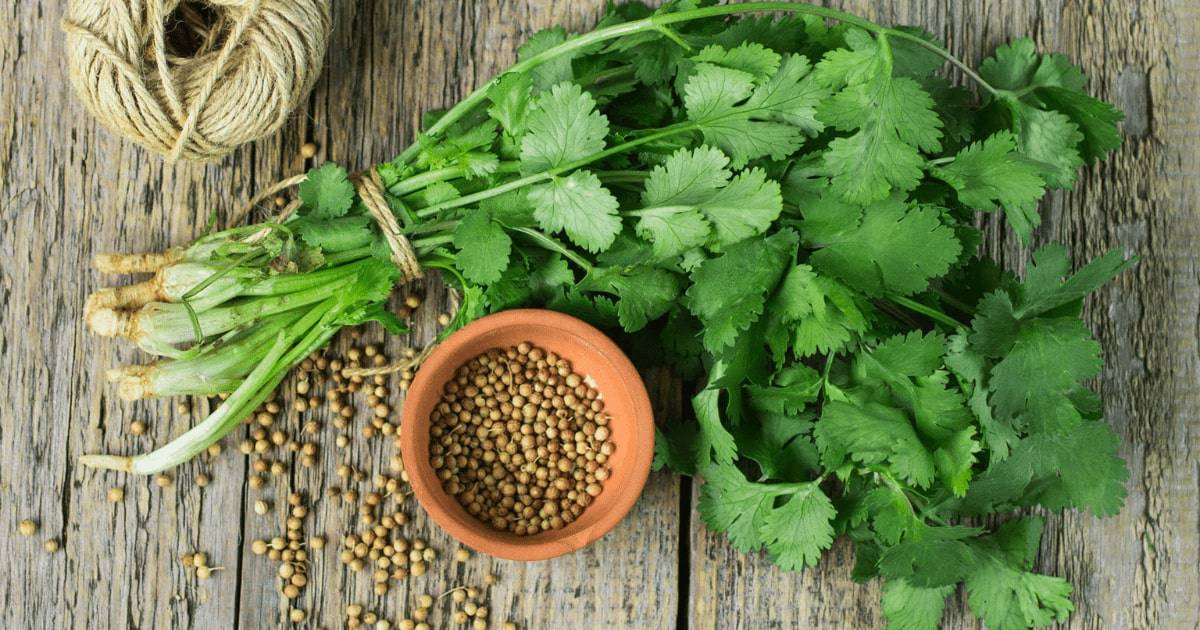
Cilantro is an herb often used in various recipes. It's essential for many traditional dishes like Feijoada, Xinxim, and Moqueca due to its distinct and robust taste, which often enhances the dishes' flavors.
Cilantro can be used fresh and dried in marinades for grilling meats such as chicken, beef, and pork.
It also plays a major role in sauces like Salsa Verde and cilantro sauce.
It is an essential ingredient in dishes such as Guacamole and Pico de Gallo - two delicious traditional sauces accompanying many dishes.
3. Rosemary
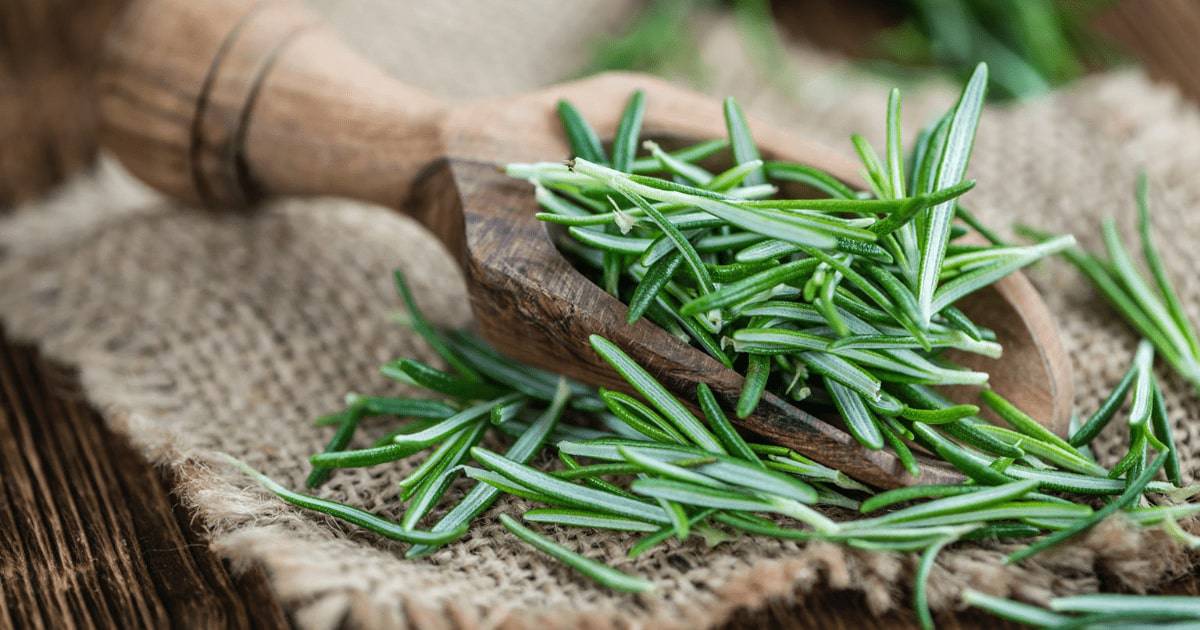
Rosemary is a widely used herb, renowned for its distinctive and robust flavor that enhances many dishes. With its earthy, pine-like taste, this herb can be used when cooking meats such as beef, chicken, or pork and seasoning vegetables, soups, and stews.
Brazilian cuisine often incorporates rosemary into marinades, sauces, and rubs for dishes such as Brazilian barbeque, black bean stew, and Arroz com Galinha(chicken and rice).
Rosemary has many culinary uses and medicinal effects like memory enhancement, digestion improvement, and stress reduction.
4. oregano

Oregano is a staple herb, offering an aromatic and robust flavor that complements the country's traditional dishes.
In Brazil, oregano can be found in stews, soups, and marinades.
Its robust flavor makes it an ideal seasoning for roasted or grilled meats, adding an earthy, slightly bitter note that enhances the overall taste profile.
Brazilian chefs often incorporate oregano into marinades that include garlic, lemon, and chilies.
5. basil

In Brazil, it's known as "Manjericao" and can be used for seasoning meats, fish, soups, and stews. Brazilian cuisine is diverse and abundant, with basil being a key element.
This herb pairs perfectly with tomatoes, garlic, and onion to form an irresistible marinara sauce in popular dishes like pizza, pasta, and lasagna.
6. thyme

Commonly referred to as "Tomilho" in Portuguese, thyme is integral in sauces, marinades, and stews.
Its medicinal properties make thyme highly valued among Brazilian home chefs seeking healthy alternatives for their dishes.
7. Mint

In Brazil, mint is commonly known as "Hortelã." It is widely used in desserts, drinks, and savory dishes.
One popular Brazilian dish featuring mint is "Carne Louca," a slow-cooked beef pot roast sandwich with fresh mint leaves for extra flavor.
The mint leaves are also used in sweet treats like "Brigadeiro," a traditional chocolate fudge ball rolled in powdered mint leaves.
Brazilian Steak Spices
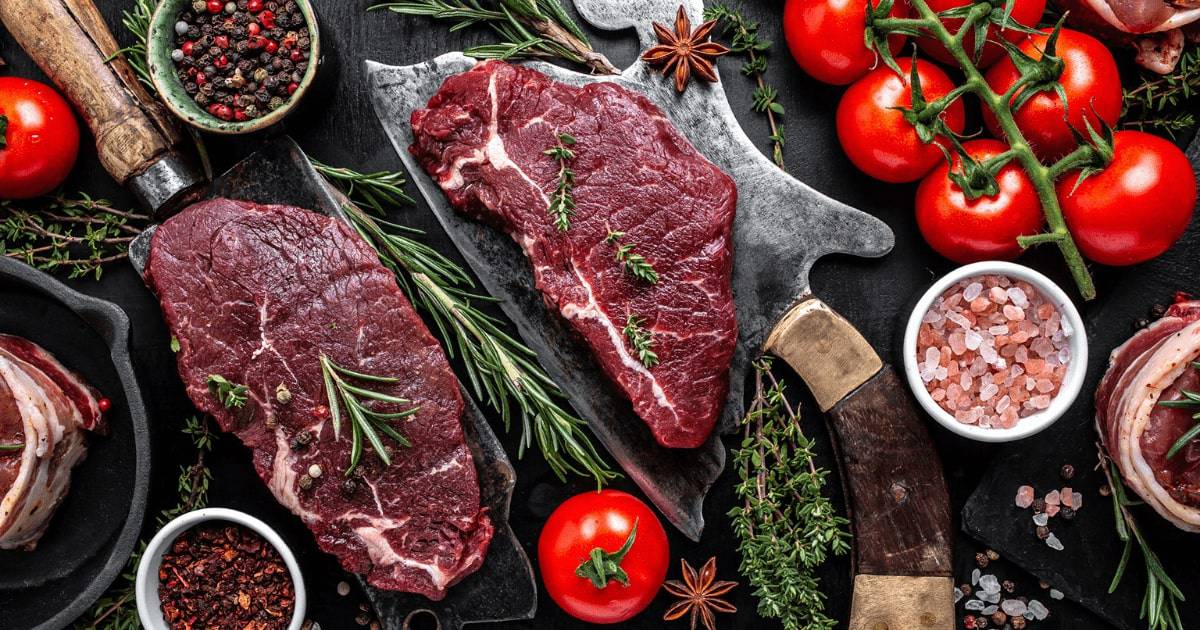
Brazilian steak spices are an aromatic blend of herbs and spices that give meat dishes a delicious aroma and flavor.
These spices have been used for centuries in Brazil to season and marinate meat, especially for the beloved Brazilian barbeque (Churrasco).
This blend typically includes garlic, salt, oregano, paprika, cumin, and black pepper.
Carefully selected spices are combined to produce an exceptional, robust, yet slightly sweet flavor.
The steak spices enhance the meat's natural flavors, making it tender, juicy, and flavorful.
Brazilian chicken spices
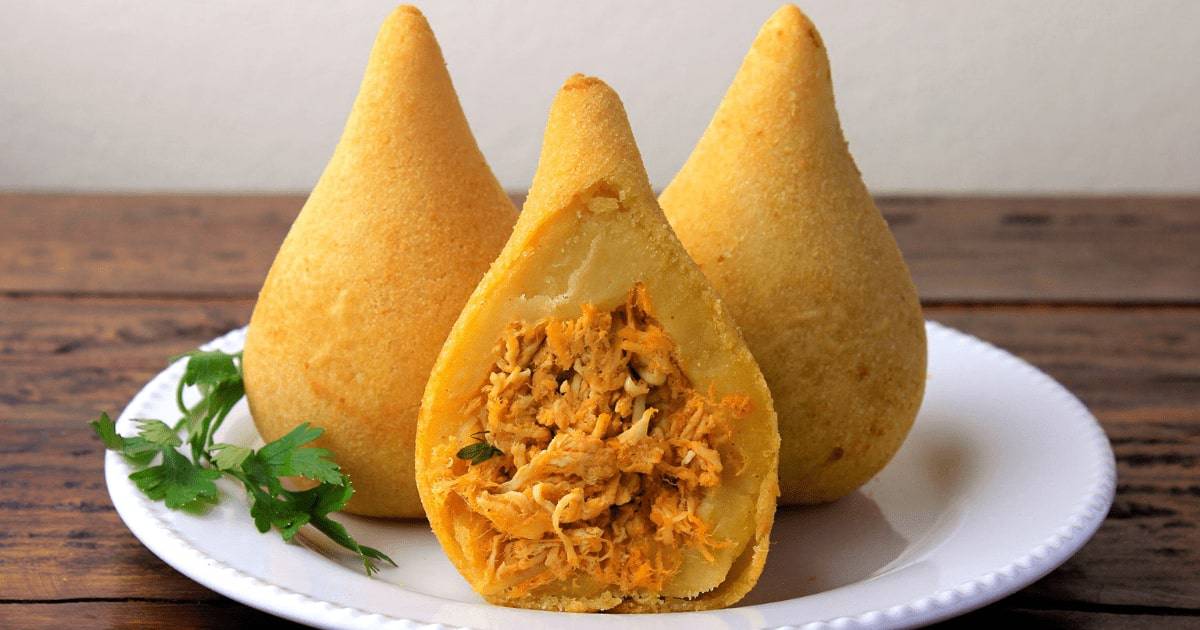
Brazil is renowned for its exotic and flavorful cuisine, including one of the country's most beloved dishes: chicken. Brazilian chicken stands out due to the special spices used in its preparation.
Along with salt and pepper, the chicken is also seasoned with cumin, paprika, garlic, onion, and even cinnamon for extra flavor.
The chicken is infused with aromatic spices that give off an irresistible aroma and deepen its flavor profile, creating a dish both locals and tourists love.
No matter how it's prepared - roasted, grilled, or sauteed - Brazilian chicken should not be missed by gourmets seeking an insight into Brazil's vibrant culinary scene.
Brazilian fish seasoning
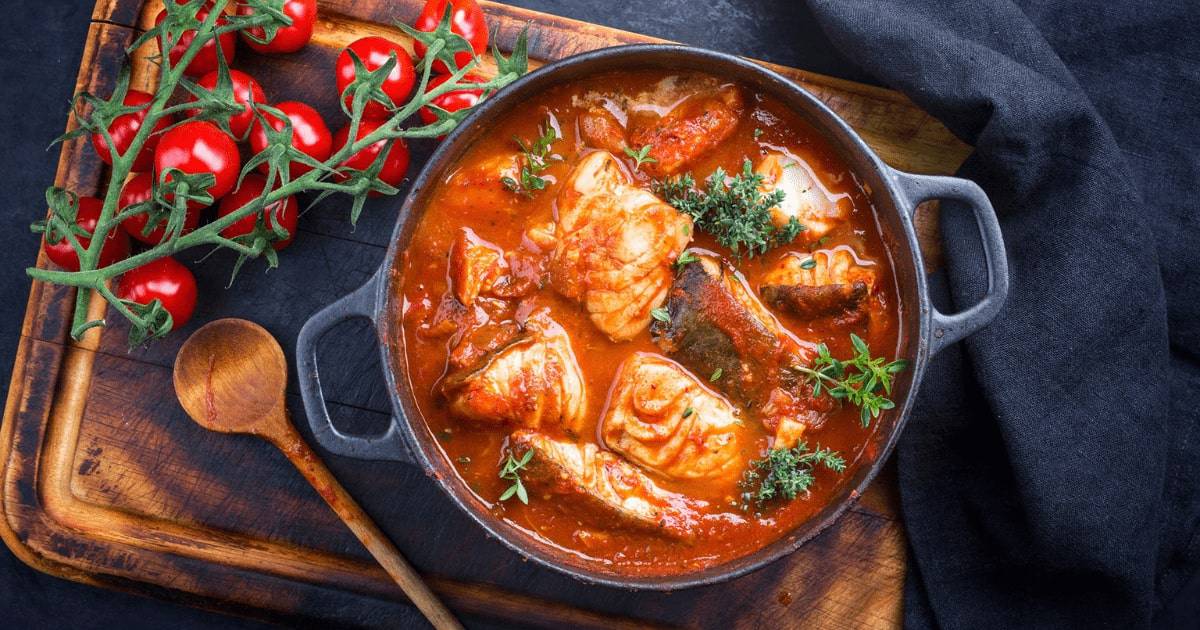
Brazilian fish seasoning is an aromatic blend of spices that adds an intense layer of flavor to any seafood preparation. It includes traditional ingredients like garlic, onion, black pepper, salt, and dried chili pepper for heat.
This famous fish seasoning can be found in most supermarkets or local shops. It makes a perfect ingredient for those who love experimenting in the kitchen - mainly when used to marinate fish before grilling or pan-frying it.
Wrap-up
Brazilian cuisine draws its flavors from spices and herbs, essential in creating dishes highlighting Brazil's diverse cultural heritage.
Chili peppers add heat, while coriander and lime add fresh, refreshing tastes.
These herbs form unforgettable dishes inspired by Africa, Europe, and its indigenous populations.
Brazilian cooking is known for its creativity, vibrant flavor, and daring use of spices.

